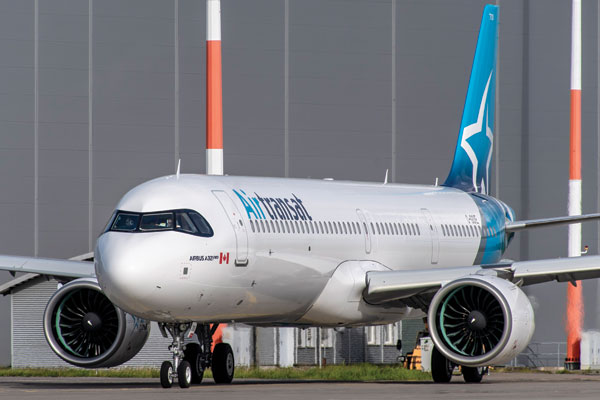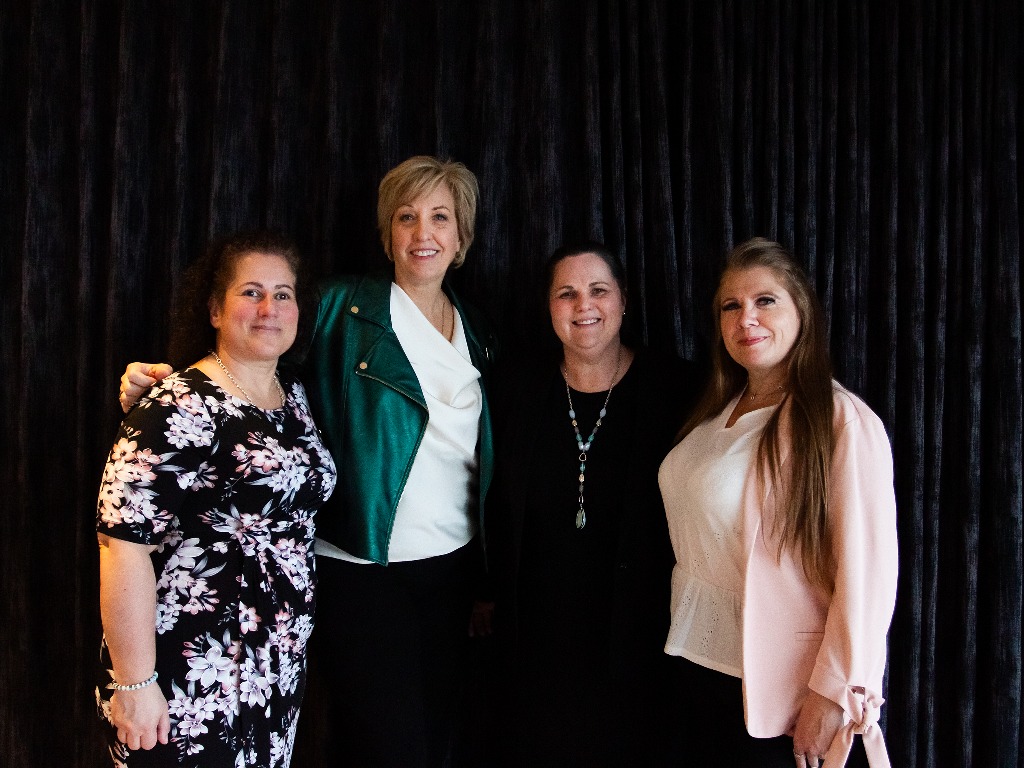A First For Air Transat, SAF + Consortium

Air Transat and SAF + Consortium have signed the first Sustainable Aviation Fuel (SAF) offtake agreement in Canada.
Described as a historical moment for the Canadian aviation industry, marking the first time a Canadian commercial airline has agreed to work hand in hand with a clean fuel developer in reducing its environmental footprint and is an important part of Air Transat’s strategy to meet aviation’s greenhouse gas emissions reductions targets.
In fact, Air Transat is so convinced that the future of SAF will be a priority for the aviation industry that it has committed to buying a significant portion of the future SAF production which SAF+ will be producing.
Jean-François Lemay, president of Air Transat, said: “We are committed to offering our clients with a low carbon footprint travelling experience, while achieving our environmental obligations.”
Jean Paquin, president and chief executive officer of SAF+ Consortium, said that: “We are glad to work with the environmental team at Air Transat; It takes people with a vision to buy into this project, and Air Transat believed in it from day one and never stopped supporting this amazing endeavor.”
SAF+ Consortium is finalizing the fabrication of a pilot plant in Montreal East to make kerosene from carbon dioxide (CO2). The process consists in capturing CO2 produced from large industrial emitters and converting it to synthetic jet fuel by using a process called Fisher Tropsch (FT).
It is estimated that SAF+ kerosene will have an 80% lower carbon footprint than conventional jet fuel.
Keith Lawless, senior director, environment, ETS, and strategic projects at Air Transat, noted that: “Capturing CO2 which would have otherwise been released in the atmosphere and give it a second use only makes sense. Not only do you reduce your footprint, but you also achieve a substantial reduction of GHG, helping Quebec and Canada meet its climate change objectives.”
While Alexandru Iordan, chief technical officer of SAF + Consortium, pointed out that: “The demand for SAF in the aviation sector will almost double annually for the next 30 years. So, solutions such as the production of SAF in Montreal will put Quebec-Canada on the map while providing great jobs for the future.”
Go to www.transat.com or www.safplusconsortium.com for more.


